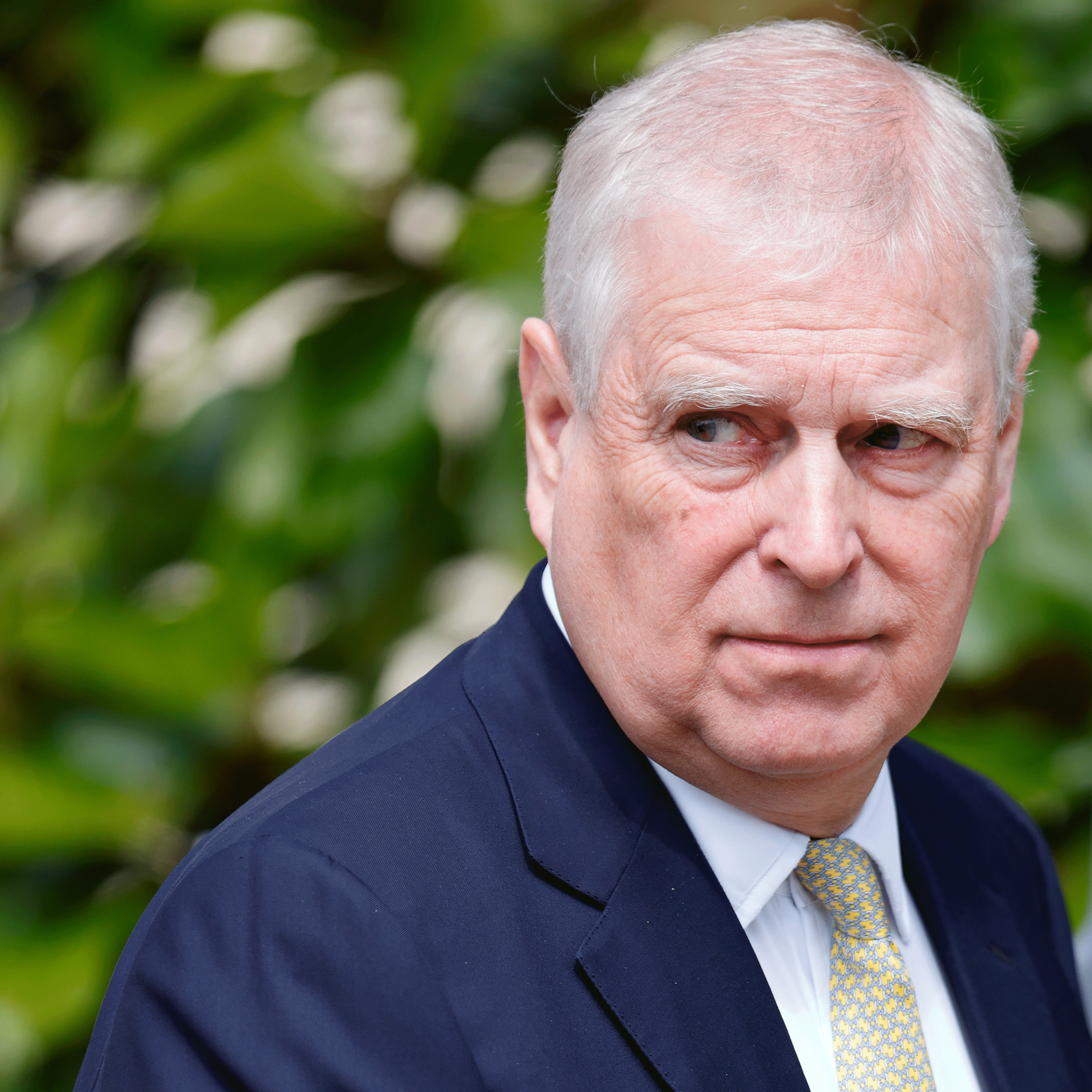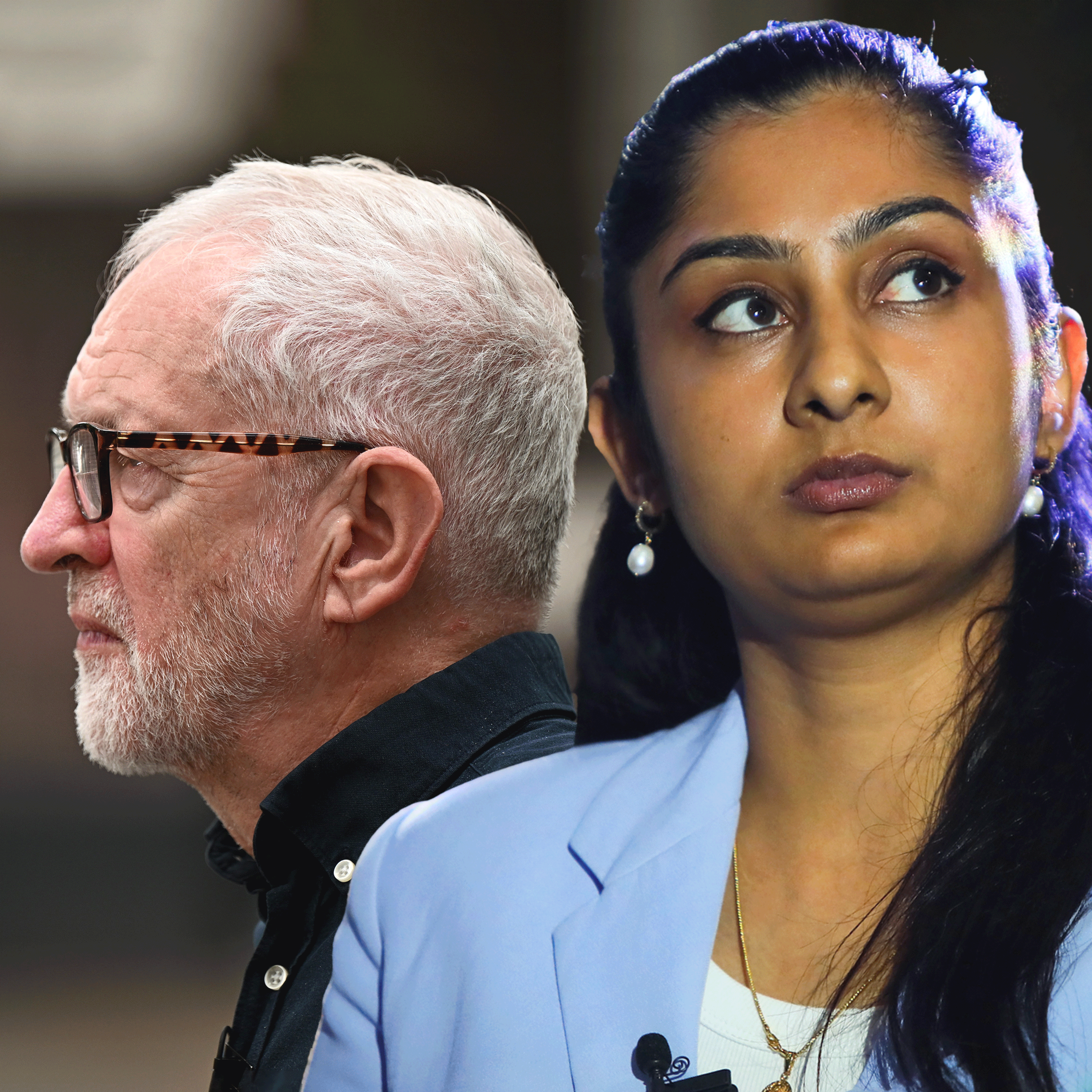134: Mega MAGA
Ian, Helen, Adam and Andy discuss how the Right went online and stayed there, and the secrets of Succession Season 5 (AKA the Murdoch family lawsuit). Plus, Phil Hammond reveals the latest in the Lucy Letby story and the continuing campaign arguing her trial was mishandled.
Press play and read along
Transcript
Transcript is processing—check back soon.
Page 94: The Private Eye Podcast — 134: Mega MAGA





